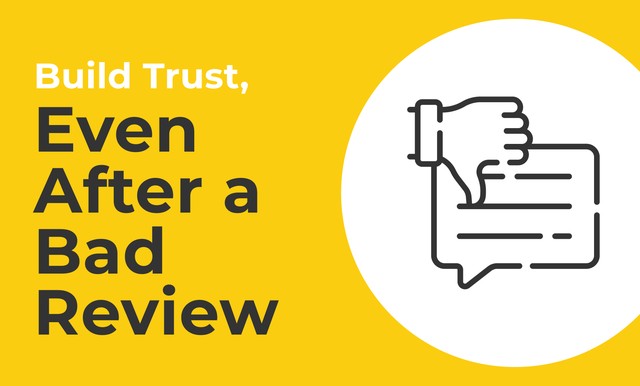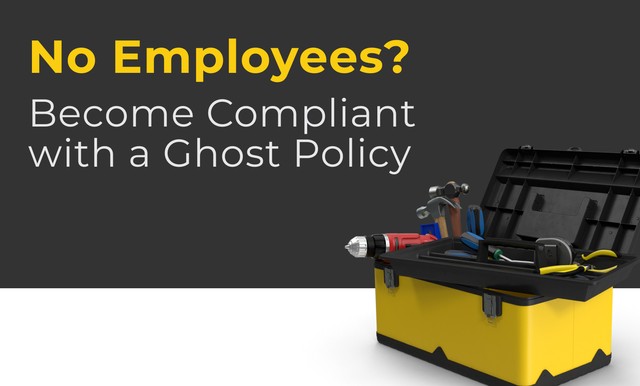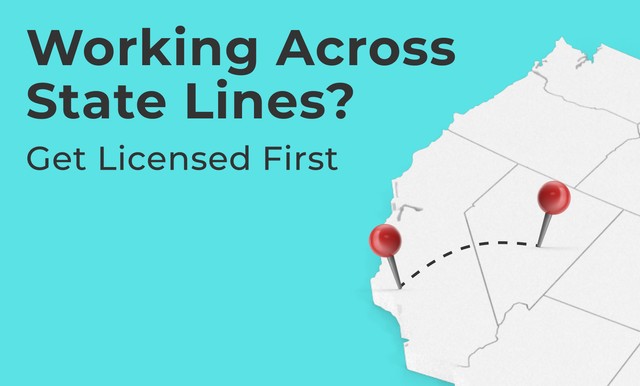Contractors across California face strict bonding requirements on public and private construction jobs. California Contract Bonds serve as financial guarantees that contractors will fulfill their obligations, whether that means honoring a bid, completing a project, or paying suppliers and subcontractors.
More than a formality, these bonds are essential for securing work and earning trust in a competitive market. From small-scale builds to multimillion-dollar infrastructure projects, California Contract Bonds help ensure everything stays on track and everyone gets paid.
What Does a California Contract Bond Cost?
The cost of a California Contract Bond depends on several factors, but most contractors can expect rates to fall within a standard percentage of the total contract value, usually 2.5% to 3%. Sureties evaluate your credit, industry track record, and project scope before determining a premium. For high-value bonds exceeding $1 million, pricing often follows a sliding scale. Larger projects may benefit from lower incremental rates.
Bond Estimator
*Prices shown are based on several factors, including but not limited to discount tier structure, project details, financial stability, experience, and proven reputation. Rates do not constitute an offer of coverage and are subject to change at any time.
Why Are California Contract Bonds Required?
Contract Bonds serve two key purposes in California construction projects. First, they help project owners confirm that a contractor is capable, qualified, and financially sound before awarding work. Second, they act as a safety net, protecting owners if a contractor fails to meet contract terms and ensuring that subcontractors and suppliers are paid without disruption.
How the California Contract Bond Process Works
Getting California Contract Bonds isn't a one-step process. It happens in stages as your project moves forward. Each step helps build trust with project owners and protects everyone involved. Here's a simple rundown of what to expect:
1. Showing Your Bonding Capacity
If you want to get on an approved vendor list, especially for public projects, you'll likely need a Letter of Bondability. This letter shows how much bonding capacity you currently have and gives project owners confidence in your financial strength. Sometimes, this is called a bond rate or bonding letter.
2. During the Bid – Submitting a Bid Bond
When you're bidding on a job, the owner may ask for a California Contractor Bid Bond with your proposal. This bond promises that if you win the bid, you'll go ahead and sign the contract and get any required Performance and Payment Bonds. It's a way to make sure bids are serious and reliable.
3. After Winning – Performance and Payment Bonds
Once you land the contract, you'll usually need Performance and Payment Bonds in California. The Performance Bond guarantees the project gets finished as planned, while the Payment Bond ensures subcontractors and suppliers are paid.
4. When the Project Ends
When the job is done and any maintenance period is complete, the project owner will close out the bond. This frees up your bonding capacity, letting you take on new bonded projects without issue.

What Happens If a Claim Is Made on the Bond?
Contract Bonds, including Bid, Performance, and Payment Bonds in California, protect project owners, but everyone involved should do their best to prevent claims. Common claims on Performance Bonds usually arise when a contractor fails to complete a project on time or abandons it altogether, causing the owner to cancel the contract. Payment Bond claims often happen when subcontractors or suppliers aren't paid as promised.
The surety company will investigate, and if it pays the claim, the contractor is responsible for reimbursing the surety company, due to the indemnity agreement they signed. It's essential to stay on track and keep all payments timely to avoid complications.
Who Requires California Contract Bonds?
Federal, state, and local government projects often require California Contract Bonds, with rules varying based on the size and type of the project. For example, the 1935 Miller Act requires Performance and Payment Bonds on federal contracts worth $150,000 or more. Many states have similar laws, sometimes called "Little Miller Acts." In California, any state public works contract over $25,000 must have a Payment Bond.
In the private sector, more companies are asking for Contract Bonds to protect themselves financially. By involving a surety company, project owners shift some of their risk. If a contractor fails to complete the work or doesn't pay subcontractors and suppliers, the surety steps in to cover those costs, helping projects run smoothly.
What Details Are Needed to Get a Bid Bond?
Project owners require a Bid Bond to make sure contractors will stand by their bids and sign a contract if awarded the job. To issue this bond, the surety company needs certain information to evaluate both the contractor's reliability and the specifics of the project. This typically includes company basics like the business name, address, contact details, type of business, years operating, and contractor license number.
They'll also want project-related details such as the location, owner, and bid deadline. Additionally, the bond amount, usually a portion of the bid, and the maximum payout obligation for the surety must be provided. The contractor's bid amount, previous bonding experience, personal background info, and a copy of the bid documents or request for proposal are also necessary to complete the application.

What Details Are Needed to Qualify for Performance and Payment Bonds?
To secure a Performance Bond, contractors must provide the surety company with information proving their ability to fulfill the contract requirements. The exact details requested vary depending on the type of project and contract size.
For contracts up to $1 million single aggregate:
Some surety providers offer bonds up to $1 million per project mainly based on the contractor's personal credit. To qualify, the contractor undergoes a soft credit check. The surety looks for:
- A strong credit score
- No outstanding tax liens
- No judgments or bankruptcies
- No overdue accounts
If negative credit issues exist, contractors may still qualify by working with the Small Business Administration (SBA), providing collateral, or setting up fund control. CCIS can help guide you through obtaining an SBA-backed bond.
For bonds over $1 million single aggregate or total aggregate limits exceeding $1 million:
Contractors need to prove their credibility, capability, and financial strength. The surety will review the business owner's credit, plus additional documentation, such as:
- Business financial statements
- Personal financial statements for all owners
- Bank references
- Work-in-progress schedules (WIP)
- Accounts receivable aging reports
The approval process for Payment Bonds resembles applying for a loan. Surety companies assess if the contractor has:
- The labor and equipment necessary to complete the project
- Experience with similar projects in complexity and size
- A history of completing jobs profitably
- Systems to monitor and manage ongoing work effectively
Additional Contract Bonds to Know About
Besides the common contract bonds, contractors should also be familiar with other types of bonds that may be necessary depending on the project. These include Maintenance Bonds and Supply Bonds, which can complement a California Contractor Surety Bond.
A Maintenance Bond guarantees the contractor will fix any defective work at no extra cost to the project owner during a defined maintenance period, often set at one year. While this coverage is typically included within the Performance Bond, some project owners may require a separate Maintenance Bond to specifically cover repairs and defects. Securing a Maintenance Bond beyond one year can be challenging and usually demands more thorough underwriting.
A Supply Bond ensures suppliers deliver the agreed-upon materials, such as building supplies or fuel. This bond confirms that the quantity and price are met as specified. Generally, contractors don’t need to obtain Supply Bonds themselves, as these are more commonly required from the material suppliers.
Other Required Bonds for Contractors in California
In California, every licensed contractor must maintain a $25,000 Contractor License Bond to comply with state regulations. Depending on the type of license held, contractors might also need additional bonds such as a $25,000 Bond of Qualifying Individual, a $100,000 LLC Employee/Worker Bond, or a Disciplinary Bond, all based on specific licensing requirements.
Have Questions About California Contract Bonds?
Reach out to CCIS for personalized support and detailed information about California Contract Bonds. We're here to help you understand your bonding options and guide you every step of the way.
Contact Us



